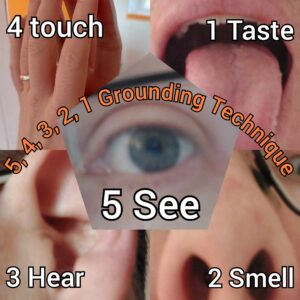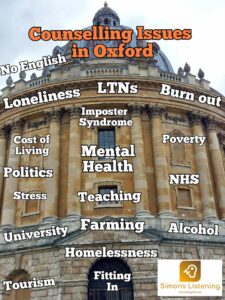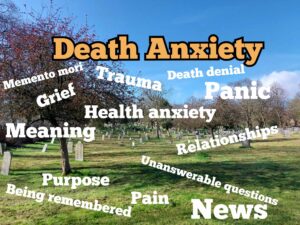These two YouTube videos expand on the following fifteen points. They also give some disclaimers to talk more about addiction and my own reasons for abstinence.
Alternatively, this article summarises the points made and can act as a reminder to cement the learning or be used in a group for discussion around recovery. It can also be used specifically for alcohol, or for any change where you are giving up or taking up something.
15 Lessons Learnt
1. Take it a day at a time
A day is much more manageable and within your control than saying you’ll do something forever. ‘Just for today’ breaks down an impossible task to what is within your power and feels much more achievable. You may not be able to change forever, but you can sustain change for the next 24 hours.
2. It’s normal to fantasise about using
Craving is normal, but thinking about something doesn’t mean you’ve actually done it. Talk to others when you crave because burying it is dangerous. Also use your wobbles and cravings to evaluate your life; what needs might be being met in fantasising, and if anything needs changing.
3. Positive motivations for change
The brain cannot process the word ‘No’, it just thinks of the thing we’re trying not to. So, goals of ‘I won’t do X’ are hard to meet as we keep thinking of doing X. Rock bottom may have made you stop but think of positive motivators for keeping you sober.
We also rarely have consequential thinking, and negative motivators can often fill us with a shame that keeps us in the behaviour. Instead of moving towards something positive, negative motivators are about trying to not be something.
4. Have other things to focus on
Recovery (or your goal) is part of your life, not your identity or defining feature. Balance it with other aspects of your time – respecting it needs focus but also making space for fun, family, career, and rest. If we focus too much on something and overinvest in it, we can risk putting too much pressure on it; we almost need to take ourselves less seriously.
5. Tell people in advance
Letting others know you are abstinent (or whatever your goal is) saves awkwardness of them offering you a drink, gives them chance to accommodate you, and gives out the message that you’re happy talking about your recovery.
Disclaimer: Your being abstinent may make others feel uncomfortable as they feel convicted or aware of their drinking. We can’t control others, so avoid being an evangelist or expecting them to change for us.
6. Change to social settings
Some people or places may be too high risk and need to be avoiding, others may no longer be fun without a substance or align with your goals.
This can bring with it a sense of loss and a space you are unsure how to fill.
I have faith you’ll discover more fulfilling relationships and environments, but grieve your losses, they matter.
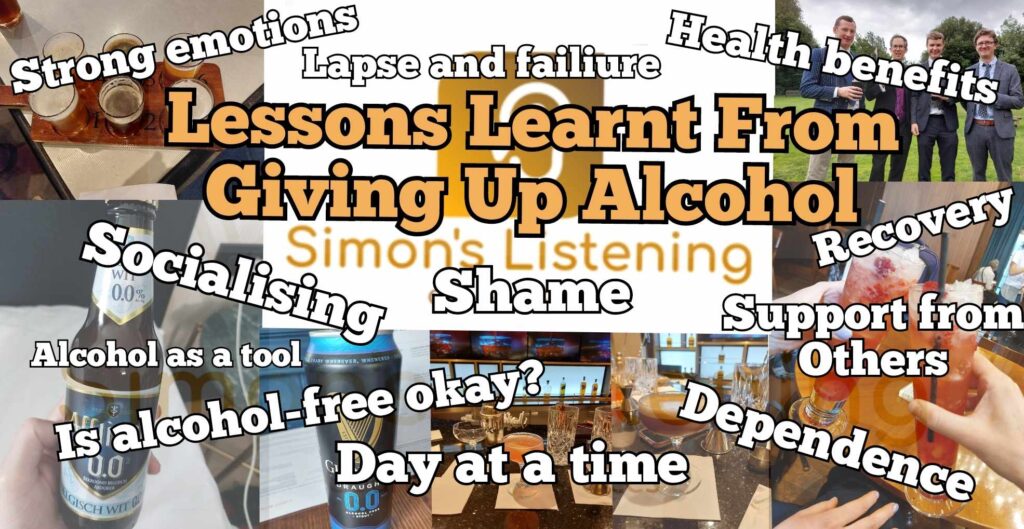
7. Get support and accountability
Abstinence is statistically hard – any change is stepping into the unknown and uncomfortable.
Have significant people in your life that keep you accountable and support you. People we can be honest, vulnerable, open, and challenged by; and in turn people we can support – teaching helps us learn and cement our recovery.
8. Opportunities for genuine connection
Alcohol can artificially create connection, but is it genuine? Is it us if we switch off our anxieties and apprehensions? Abstinence gives us the opportunity to bring our full selves to our relationships (anxiousness included) by not rescuing ourselves from unpleasant experiences.
Secondly, recovery promotes vulnerability and vulnerability helps with genuine connection.
9. Substances can start as a tool for us, but we can become the tool
It’s human to use behaviour and substances to alter our experience – we regulate our mood without thinking about it. See altering our experience as a tool, rather than relying on substances or behaviours to feel normal.
10. Dangers of using substances for emotional wellbeing
Emotions are like warning lights on a car. None of them are there by accident and they can all speak messages to us (even the ones that are hard to acknowledge or we want to ignore). Happiness is also a myth; life is mundane rather than constant joys. Ignoring emotions or repressing them can be like ignoring a car fault, and alcohol is a silencer of feelings that can mean we don’t hear the emotional messages our body is sending.
11. Find alternatives
It’s human to want to enjoy yourself and you’ll save lots of money from abstinence, so find drinks or replacements you enjoy and look forward to. You don’t have to feel punished into ascetism just because you don’t drink. Have fun with it.
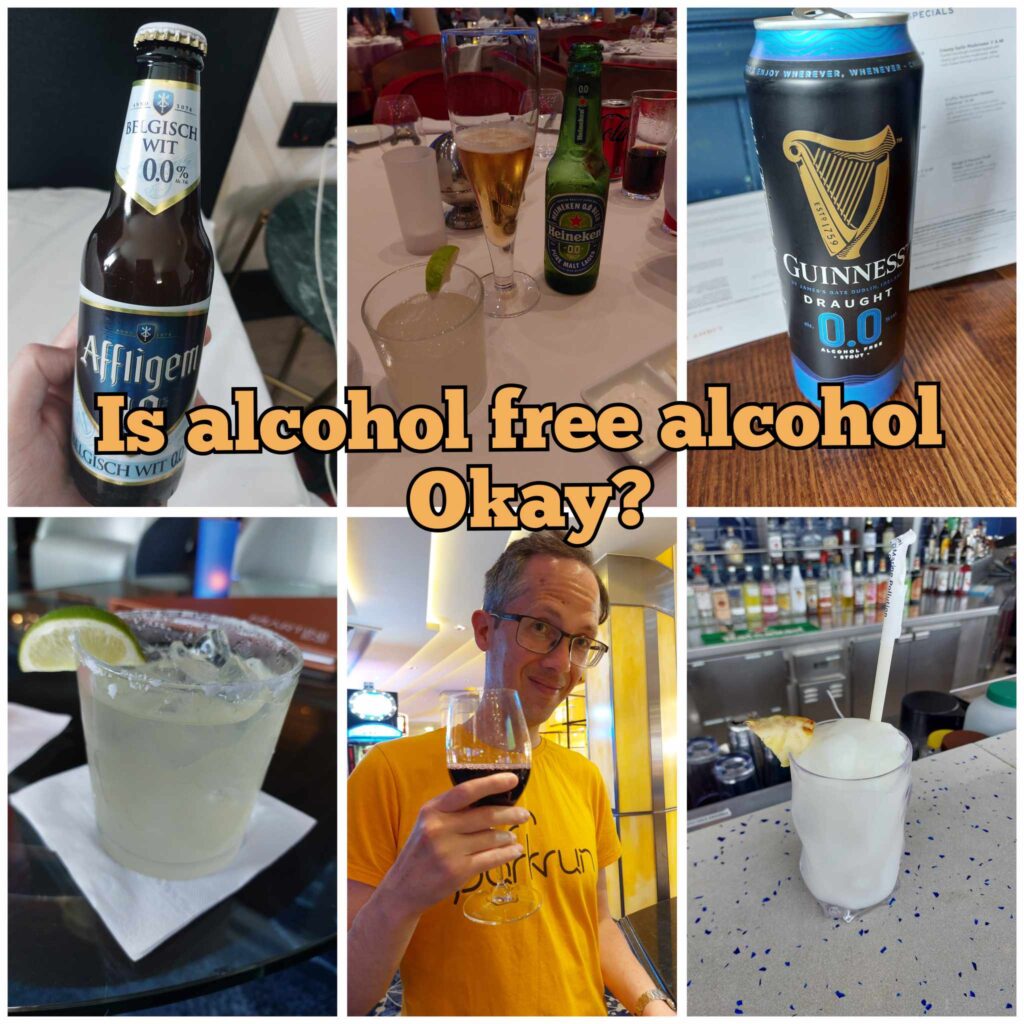
12. Don’t compare your recovery to others
Some things will be permissible for you, but the same thing could trigger another – respect them enough not to do it in front of them. Some programs will work for you, and another might hate it – respect their recovery by not assuming what’s best for them.
The same with challenging other people or trying to force recovery on them – change is often slow and under the surface; respect that a person will find change in their way.
13. Let go of shame and failure around lapse
Lapse is part of the cycle of change but the shame of it can cause you to give up and disconnect, or the pressure to fit in with recovery culture can stop you asking for help. Instead of ‘writing yourself off’, be reflective to what was going on for you and what you could change to strengthen yours and others’ recoveries. Even consider relapse prevention planning to give you a sense of control for if it does happen, and to improve your awareness of signs you might lapse.
14. Return to your original goal
Often we can pick up additional pressures that pollute and complicate our goals when it can be helpful to keep them simple and remember the reason we started this journey. Also take time to look back and acknowledge how far you’ve come.
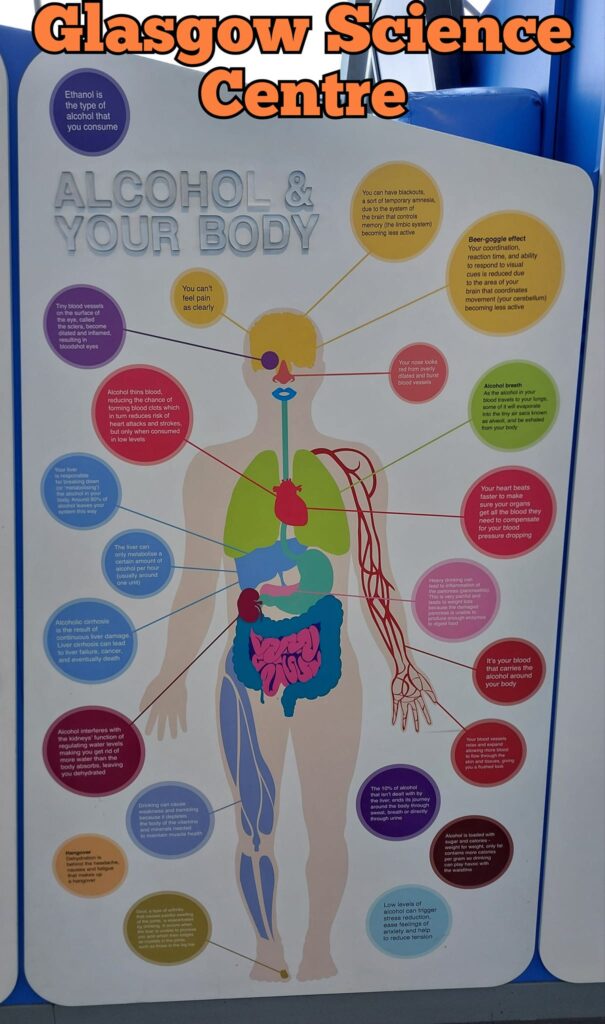
15. Benefits to health and wellbeing
Alcohol is expensive, affects your sleep hygiene, numbs feelings, can leave you vulnerable to risks when intoxicated, is fattening, has a whole series of physical health impacts, and will affect you & your relationships.
Imagine all those as benefits to the health: wealth, openness to your experience, safety, fitness, healthy, longer life, and more fulfilling authentic relationships.
Simon is a Person-Centred Counsellor in Oxford working remotely and in person. He hasnt had a drink since Jan 24 ,and is sharing reflections for those in recovery or considering it or making any change.
Feel free to get in touch




